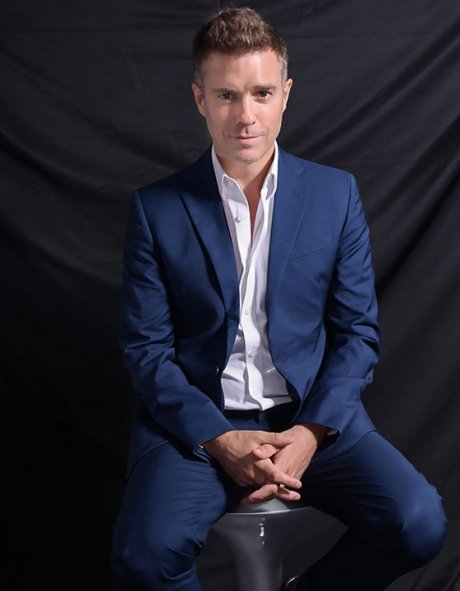
With Rhode Island as his launch pad, Gregory Kittelson ’97 has built an international life of business and entrepreneurship.
Gregory Kittelson has never been one to wait for opportunities. Since earning his undergraduate degree in liberal arts at Rhode Island College in 1997, he has crisscrossed the country in search of the right opportunity on which to build his fortune.
In 2002 Kittelson pulled up roots and transplanted to the Philippines. Considered a newly industrialized country, the Philippines has been transitioning from an economy based on agriculture to one based on services and manufacturing for decades. It was there that Kittelson co-founded not one but four businesses one year after the other beginning in 2007.
His first company, Kittelson & Carpo Consulting, is a firm that assists local and foreign companies with government regulations, registration and other legalities involved in setting up business in the Philippines. The second, KMC Savills, offers commercial real estate to local and foreign companies. The third, KMC Solutions, offers individual and communal office spaces and staff leasing. The fourth, Zennya, is a tech start-up for health and wellness. "Fifty percent of my clients are Americans and the other half are Europeans, Australians and Asians," says Kittelson.
Most are engaged in business process outsourcing, one of the fastest growing industries in the world. Outsourcing basically means that a company hires an outside company to handle operations or to provide services that are usually performed in-house by the company's own employees.
"Many American companies have call centers and back office operations in the Philippines," Kittelson says. "Say you have a company in the United States and you're in need of 20 call center agents in the Philippines. You can call KMC Solutions and we'll hire 20 Filipino call center agents, and set them up in our office while you manage them remotely from the United States." The Philippines is now the world leader in business process outsourcing, largely due to the influx of foreign company call centers. "If you call American Express customer services today, you'll most likely be speaking to someone in the Philippines," Kittelson says. The reason the Philippines is such a great outsourcing and offshoring location, he explained, is because it offers less expensive labor costs and a highly educated labor pool who have a high proficiency in spoken English.
Though business is booming in the Philippines, Kittelson is now in the process of selling his first three companies in order to move on to new entrepreneurial ventures. "We've sold 75 percent of Kittelson & Carpo Consulting and a stake in KMC Solutions ," he says.
His fourth company, Zennya, functions somewhat like Uber except instead of using your mobile app to call for a driver you use an app to call for a masseuse. Zennya will eventually include physical therapy and nurse-assisted medical and elder care services. Currently Zennya is only available in the Philippines.
Kittelson credits the success of his three businesses to "the ability to see a problem and solve it and significantly improve on existing business models." He also points to great business partners. "It's important to select partners who have high IQs, high EQs, a strong work ethic, integrity and the ability to execute," he says.
By his own admission, Kittelson has always exhibited an innovative, entrepreneurial spirit, even as a child. "I was always looking for a creative way to make money," he says. "In elementary school I would sell my dad's used car magazines, I cut lawns and shoveled snow."
Travel was also always in his plans. In high school he washed dishes to earn enough money to spend two summers in Mexico to learn the Spanish language. After high school, while studying at CCRI, he spent a semester abroad in Mexico to continue to improve his Spanish. At RIC he graduated with a B.A. degree in Spanish and soon after moved to Mexico where he lived for a year and taught English.
Because he couldn't find the business opportunities he was looking for in Rhode Island, Rhode Island became a launching pad for ventures elsewhere. There are certain benefits to opportunity deprivation, he says: "It made me scrappy, a go-getter, aggressive, competitive, determined."
His advice to young entrepreneurs: "Go where the opportunities are." Certainly, when Kittelson moved to the Philippines, he only intended to stay for a few months to create a travel website. It didn't materialize, but four businesses did.
